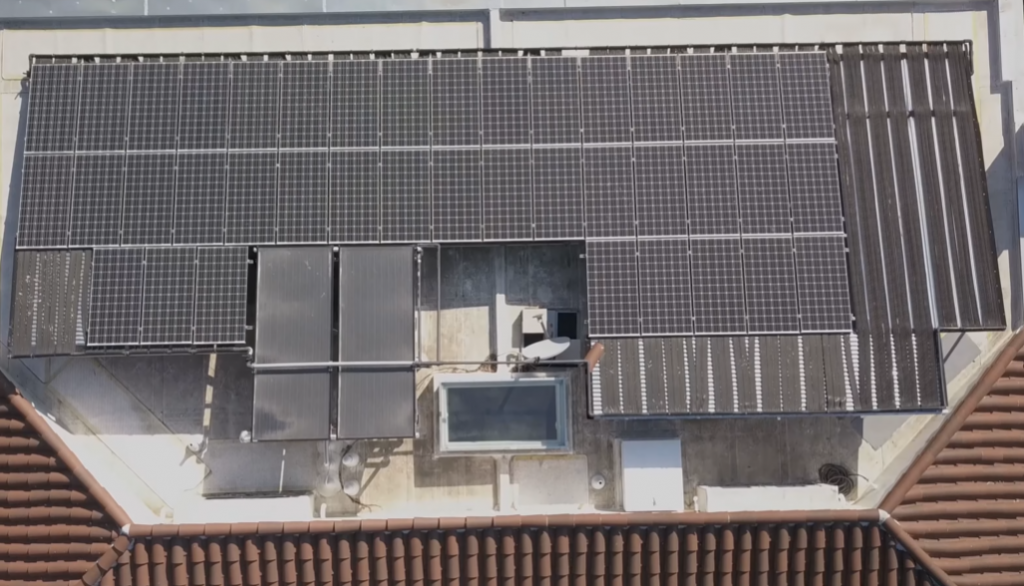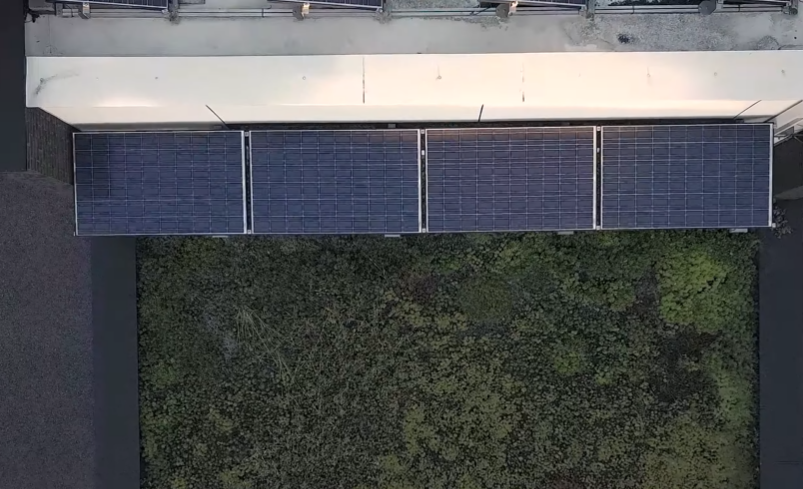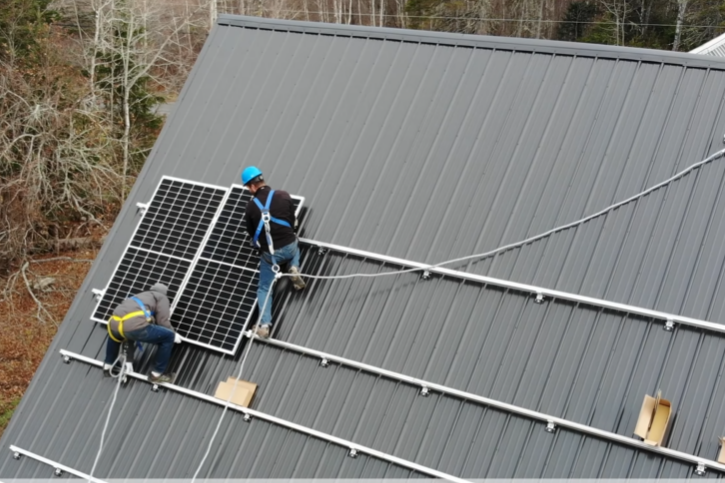24 Aug. 23
Upgrading Your Traditional Water Heater to a Solar Hot Water System: The Efficient Choice for the Future
When it comes to managing our homes’ energy consumption, we often overlook a significant energy-drainer: water heating. In fact, according to the Department of the Environment and Energy, as of my last knowledge cutoff in September 2021, water heating represented approximately 21% of total household energy use in Australia, only surpassed by space heating and cooling.
Traditional water heaters, although effective, consume a large amount of energy, which not only impacts the environment but also significantly raises your energy bills. Fortunately, technological advances offer us sustainable and cost-effective alternatives. One such solution is a Solar Hot Water System. In this article, we’ll delve into the whys and hows of upgrading your traditional water heater to a solar hot water system, helping you take a leap into the future of sustainable living.
Why Choose Solar Hot Water System?
Solar Hot Water Systems (SHWS) use renewable energy from the sun to heat water, embodying the essence of green energy water heating. They are more environmentally friendly than conventional gas or electric water heaters and can help households substantially reduce their carbon footprint. But the benefits don’t stop at the environment. SHWS can also have significant economic advantages. According to the Clean Energy Council, the use of solar hot water can potentially reduce a home’s water heating bill by up to 75%. Imagine, out of every $4 you currently spend on water heating, you could be saving $3! Embrace the power of green energy water heating and transform both your home’s efficiency and environmental impact.

Understanding the Technology Behind SHWS
A solar hot water system operates through solar collectors (usually solar panels or evacuated tubes) installed on your roof. They absorb sunlight, convert it into heat, and transfer this heat to the water stored in a hot water tank.
There are mainly two types of solar hot water systems:
- Thermosiphon systems: These rely on the natural principle of hot water rising. The collector heats the water, which then rises into an insulated storage tank positioned above the collector. As hot water is drawn off for use, cold water flows back into the collector to replace it.
- Split systems: The solar collector is installed on the roof, and the storage tank is located at ground level. A pump is used to circulate water or heat-transfer fluid from the tank through the collector.
Most systems also come with a gas or electric booster element to ensure a hot water supply during cloudy days or peak demand periods.

Discover more about The Economic Impact of Switching to a Solar Hot Water System: Insights from a Sydney-based Plumber
Cost and Installation
The cost of a solar hot water system varies depending on the type, size, and brand of the system. However, you can generally expect to pay between $3000 and $7000. This includes the unit and installation costs.
While the initial investment is higher compared to a traditional system, remember that you are investing in long-term savings and sustainability. Moreover, the Australian government offers rebates and incentives through the Small-scale Renewable Energy Scheme (SRES) that can offset part of the initial cost.
As for installation, it’s crucial to hire a professional, certified solar hot water plumber to ensure the system is installed correctly and safely.
Embrace Efficiency & Savings: Elevate Your Home with a Solar Hot Water System for a Sustainable Future!
Upgrading to a solar hot water system is not just a home improvement. It’s an investment in sustainability, the future, and your pocket.
“Energy efficiency and sustainability are no longer options but necessities in our rapidly changing world. And the good news is that with innovations like the Solar Hot Water System, sustainability can also mean cost-effectiveness,” says Tim Forcey, Energy Advisor at the University of Melbourne.
Start your journey towards a greener, more efficient home today by considering a solar hot water system for your home.



